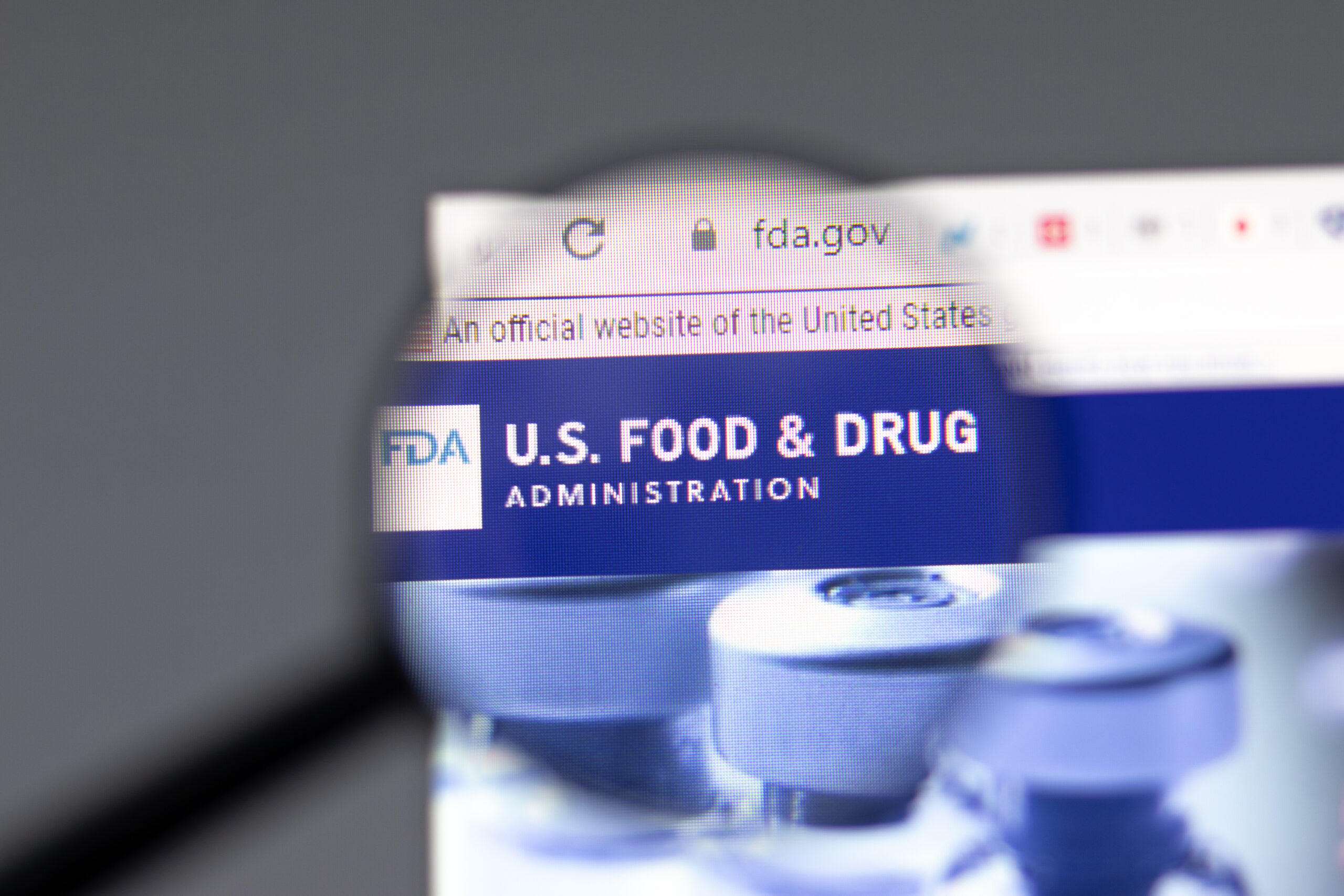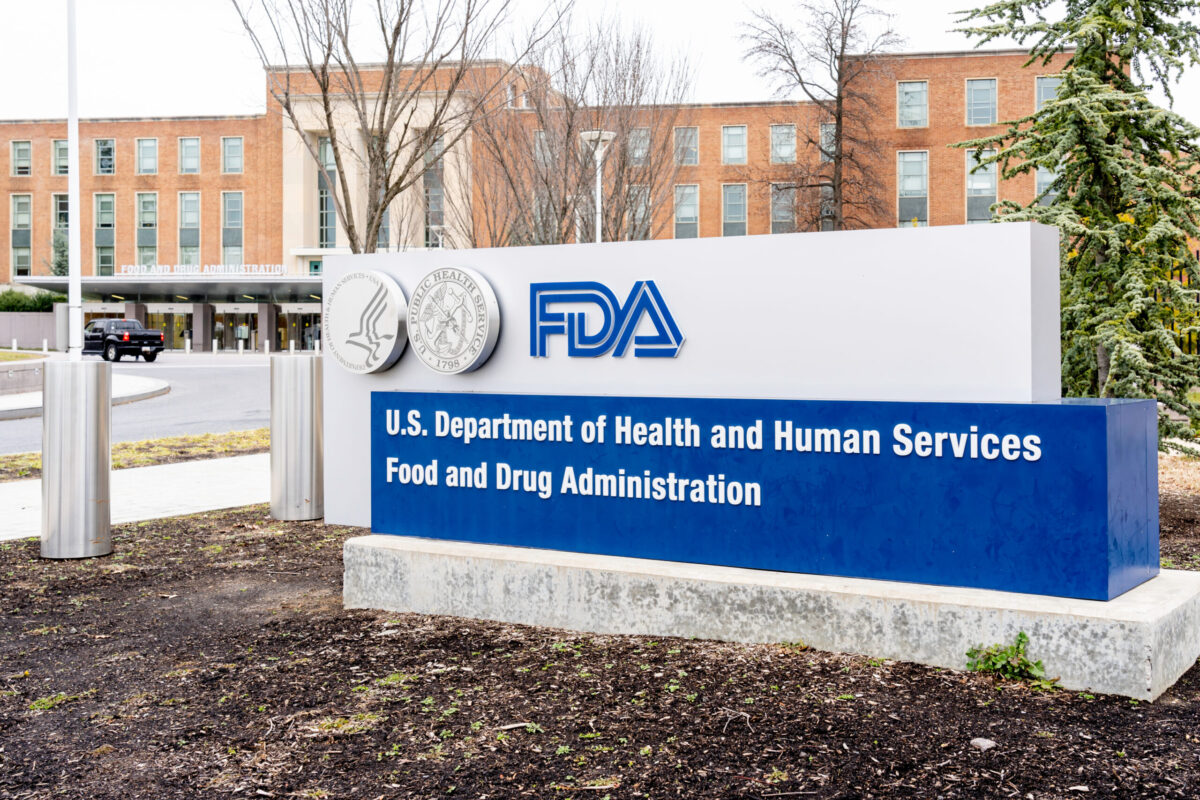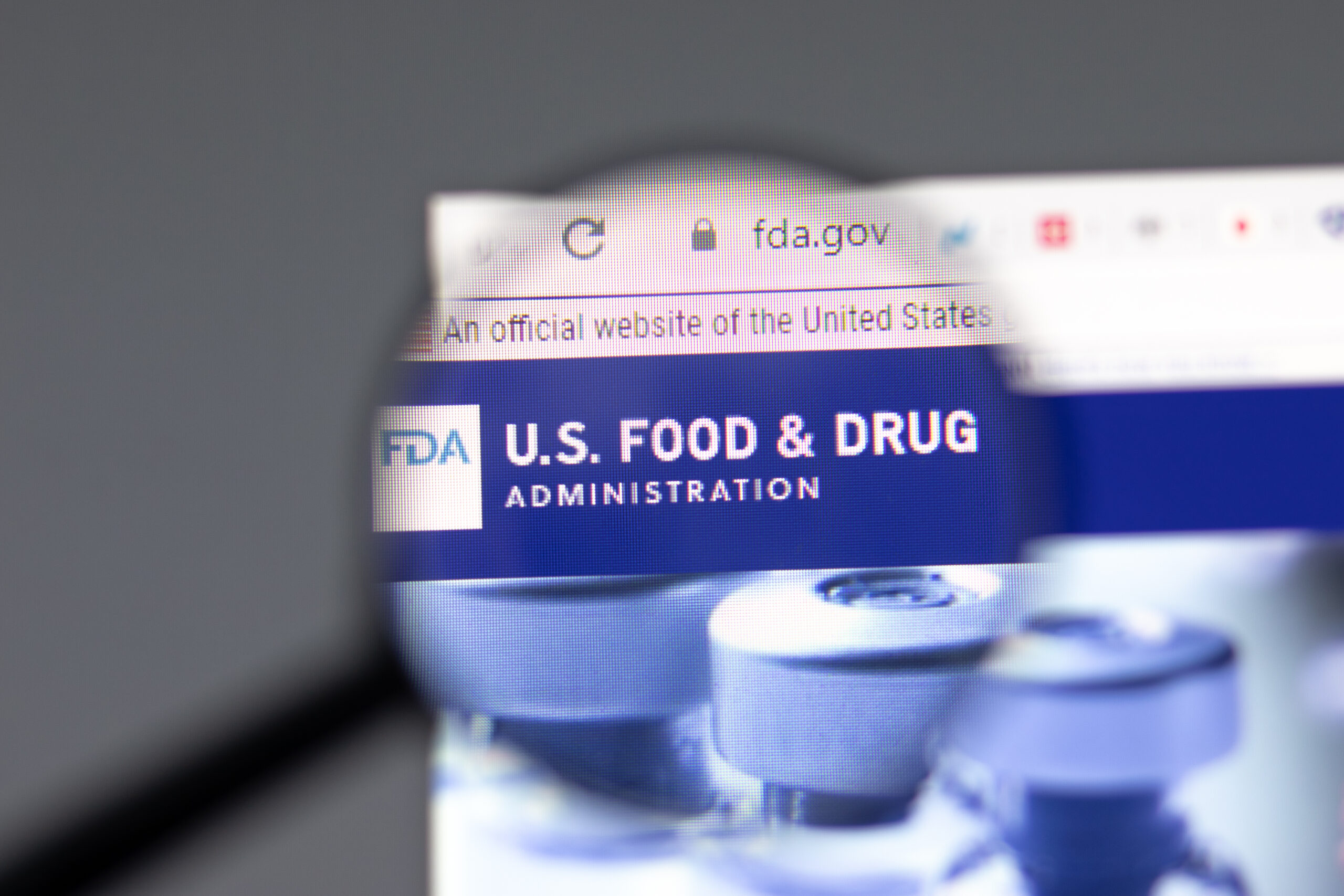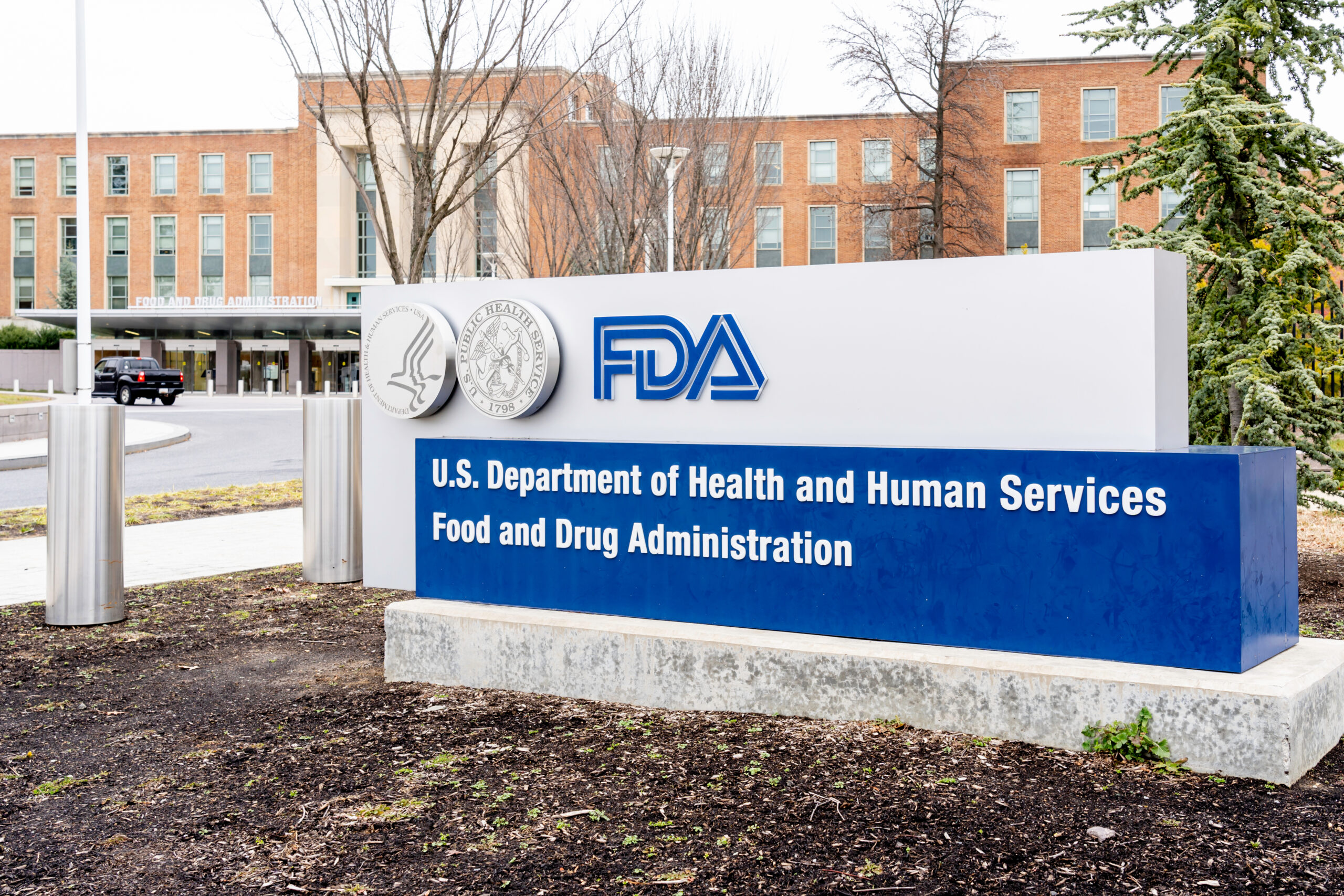Millions of patients in the US take proton pump inhibitor (PPI) drugs to keep their heartburn under control, however multiple studies have now linked the medications with an increased risk of developing health problems, including bone fractures, kidney damage and dementia. Washington University School of Medicine researchers have added to the concern by finding that patients who use these drugs long-term could face an increased risk of death.
PPI medications are available both as a prescription and over-the-counter (OTC), with brand names like Prevacid, Prilosec and Nexium being some of the most popular. In their study, the researchers analyzed US Department of Veterans Affairs-maintained medical records from around 270,000 patients who were prescribed PPIs, along with 75,000 people who used H2 blockers to treat their gastrointestinal issues. The researchers published their findings in the journal, BMJ Open.
“No matter how we sliced and diced the data from this large data set, we saw the same thing: There’s an increased risk of death among PPI users,” said Dr. Ziyad Al-Aly, an assistant professor of medicine the Washington University School of Medicine. “For example, when we compared patients taking H2 blockers with those taking PPIs for one to two years, we found those on PPIs had a 50 percent increased risk of dying over the next five years. People have the idea that PPIs are very safe because they are readily available, but there are real risks to taking these drugs, particularly for long periods of time.”
According to WebMD, 15 million monthly prescriptions for Nexium were filled in 2015, making it one of the most commonly used drugs. While OTC PPIs are often used to treat heartburn, prescription versions of the drug class are often used to treat more serious conditions, including esophageal cancer and gastroesophageal reflux disease.
The researchers were prompted to do this study in light of the recently-identified associations between PPI use and the development of serious health problems. They theorized that the small risk of death associated with each of these side effects could add up to a higher overall mortality rate for people who use medications belonging to this drug class.
In their study, Al-Aly and his team found that patients taking PPIs faced a 25 percent greater risk of death compared to those taking H2 blockers. This risk increased over time, with those taking PPIs for one to two years facing a 50 percent higher risk of death.
The study was conducted over a two-year period (between 2006 and 2008), however the database used did not include information on cause of death. This means that a causative link between PPI use and death could not be established.
“A lot of times people get prescribed PPIs for a good medical reason, but then doctors don’t stop it and patients just keep getting refill after refill after refill,” said Al-Aly. “There needs to be periodic re-assessments as to whether people need to be on these. Most of the time, people aren’t going to need to be on PPIs for a year or two or three.”
The researchers comment that PPIs are still a valuable drug class which offer a good treatment option to patients. They do, however, warn that patients should exercise caution when deciding whether to use OTC PPIs, and to talk to their doctor about whether it’s appropriate for them.
PPIs save lives,” said Al-Aly. “If I needed a PPI, I absolutely would take it. But I wouldn’t take it willy-nilly if I didn’t need it. And I would want my doctor to be monitoring me carefully and take me off it the moment it was no longer needed.”












Join or login to leave a comment
JOIN LOGIN